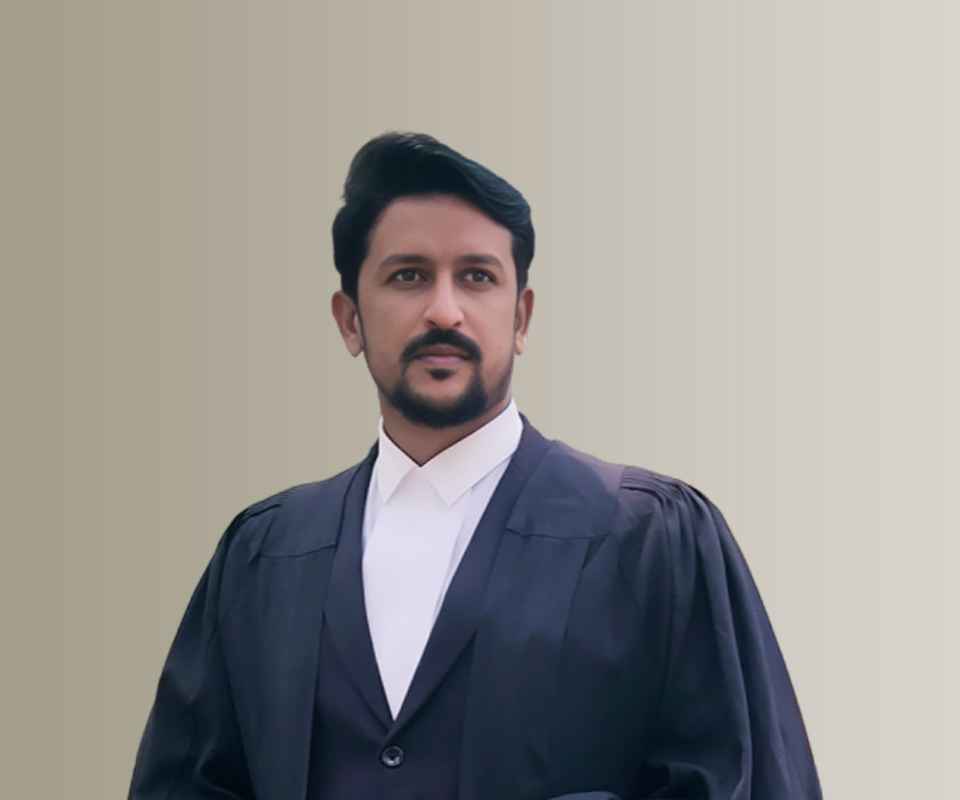Answer By law4u team
The Uttar Pradesh madrassa law, enacted in 2004, was declared unconstitutional by the Allahabad High Court on March 22, 2024, citing its violation of secularism and its failure to integrate madrassa students into the formal schooling system. The High Court had called for the mainstreaming of madrassa education, urging the state to accommodate these students into the regular education framework..
Supreme Court's Consideration:
The matter was appealed to the Supreme Court, where during hearings, the bench—led by Chief Justice DY Chandrachud—highlighted that religious education in madrassas was not inherently problematic, but that madrassa education should be broadened to include essential subjects alongside religious teachings. The court emphasized that quashing the law entirely would be akin to "throwing out the baby with the bathwater," meaning that some form of regulation was necessary to prevent madrassa education from remaining unregulated and isolated from mainstream education..
Key Legal Arguments:
- For the Law:The Uttar Pradesh government has supported the madrassa law, arguing that the Allahabad High Court's decision to declare the entire law unconstitutional was overreaching. The state believes that religious education is an essential part of the community’s cultural and educational heritage. -Against the Law: Opponents, including the National Commission for Protection of Child Rights, argue that madrassa education does not provide the quality education guaranteed by the Indian Constitution. They contend that religious education cannot be a substitute for formal, secular education, and the law should be amended to align with national educational standards..
Supreme Court's Role in Regulating Madrassa Education:
The Chief Justice emphasized the importance of preserving India's pluralistic culture, noting that religious education exists across various faiths (Hindu, Sikh, Christian, Muslim) and should not create divisions in society. The government and court must ensure that the education system remains inclusive and broad-based, respecting India’s secular values while maintaining religious diversity.







